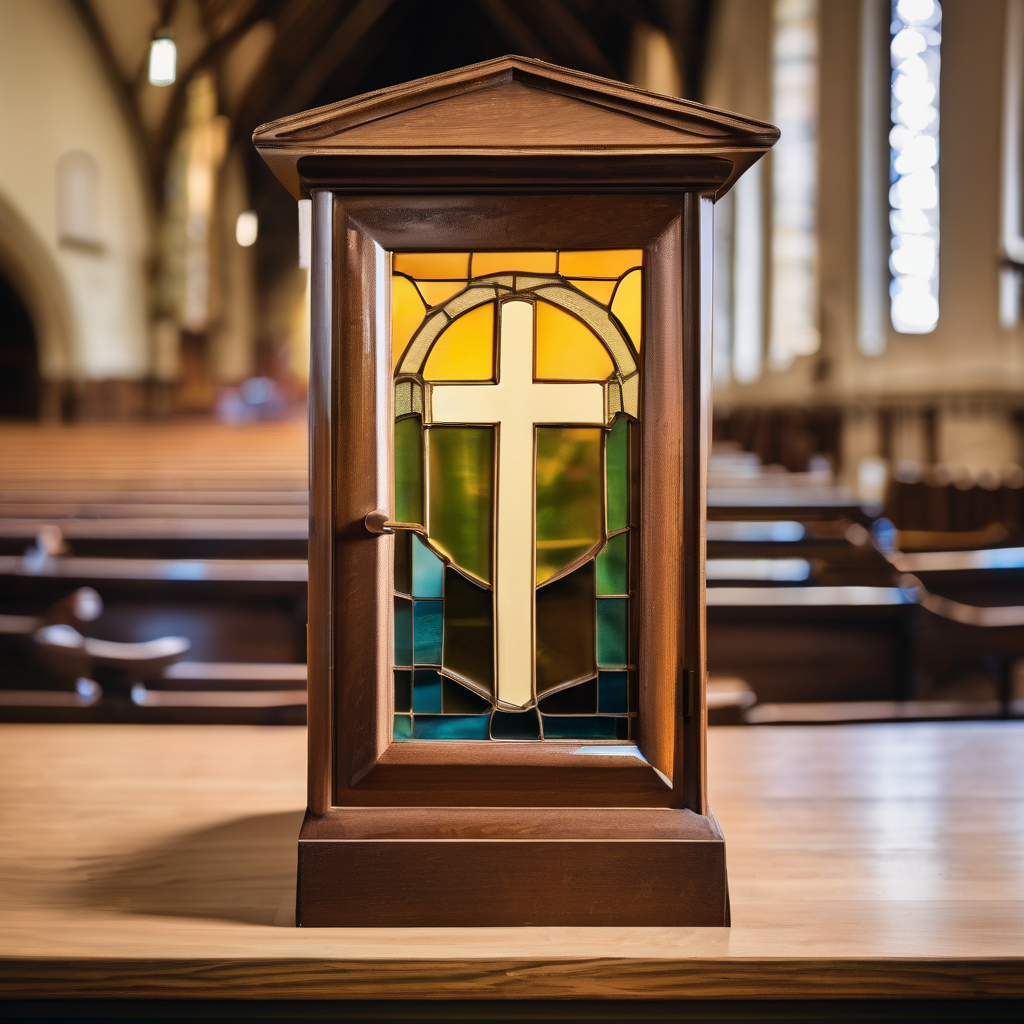In a controversial incident that has drawn significant attention, Pastor Marvin Winans of Perfecting Church in Detroit publicly chastised a congregant for not donating the total amount he had instructed. During a “Day of Giving” event, Winans expected church members to contribute $2,000, instructing them to give “$1,000 plus one”—which he implied meant they should donate at least $2,000. When one woman, Roberta McCoy, approached the front to give $1,235, Winans remarked that her donation was insufficient, showcasing a troubling display of financial demands on his congregation.
Winans’ approach has sparked outrage, especially as he openly suggested that anyone who could not meet the donation level should leave the line. His remarks raised eyebrows about the ethics of demanding such significant contributions, especially in today’s challenging economic climate. Many observers questioned the appropriateness of publicly pressuring church members to meet specific financial benchmarks and the implications for vulnerable individuals who might feel coerced to comply.
This latest event is part of a broader pattern. Winans has been attempting to raise funds for an expansion of his church complex, a goal that has faced numerous setbacks, including legal troubles regarding a stalled construction project that started in 2004. Following a recent city lawsuit concerning the unfinished state of the complex, there is pressure to gather funds needed for the continuation and completion of the project, but critics argue that the tactics employed to motivate donations are exploitative.
In recent years, other prominent church leaders have faced similar backlash for public fund-raising strategies. For instance, Bishop Marvin L. Sapp previously demanded congregants to contribute $40,000 before reopening the church doors, while Pastor Keion Henderson requested $2,100 from parishioners to help rebuild post-Hurricane Beryl despite his own considerable wealth.
Such incidents highlight a disturbing trend in which church leaders appear to intertwine spirituality with financial manipulation, often leaving congregants feeling pressured to give more than they can afford. For many, these experiences tarnish the sanctity of religious institutions that should foster community, support, and genuine faith.
As discussions about church giving practices continue, a growing number of individuals are reevaluating their participation in congregations that prioritize financial contributions over the spiritual well-being of their members. This raises the question of how communities of faith can reclaim their mission as spaces of genuine support and understanding rather than coercion and exploitation.
While financial support for houses of worship is critical, it is essential that such giving remains a voluntary act rather than a forced obligation. The true essence of faith communities lies in collective support that empowers individuals, especially in challenging times—far removed from practices that fuel division and guilt. The hope remains that congregants will increasingly choose to walk away from churches that prioritize profits over people, fostering an environment of true faith and fellowship.
